Global, partly unforeseen and rapid technological changes are reforming working life and require the continuous skills renewal. How do we build a Finland where everyone has the opportunity to develop their skills at different stages of life?
Tweaking current management models and structures is not enough to meet the rapidly changing needs of lifelong learning. Enabling lifelong learning for all requires the comprehensive reform of thinking, management, structures and practices to make them more flexible. These must put the individual at the centre of thinking and respond to the real needs of people and communities.
“Such systemic change can only be achieved by working and learning together. The way it is done can have more impact on its success than the content of the change,” says Project Director Helena Mustikainen.
Sitra has compiled seven recommendations for promoting lifelong learning in Finland in the study Millä suosituksilla? Kohti elinikäistä oppimista. They are based on observations, studies and extensive co-operation in various parts of Finland over the three years of the Lifelong learning project.
Do we understand the scale of the change?
The recommendations are intended to support lifelong learning policy-makers and decision-makers in leading and implementing a joint vision for a Finland of lifelong learning. This vision was jointly prepared by 30 key actors from public administration, education and working life in 2019.
“This is a reform that should change society as a whole. It is not just about looking at one education system or benefit. Decision-makers should understand the scale of the change needed. Lifelong learning is on the agenda in almost all Western countries and, as a model country for skills, Finland has a good chance of succeeding,” says Senior Advisor Tapio Huttula.
He describes lifelong learning as an apparatus that ensures up-to-date skills and people’s intellectual growth. Change on a similar scale could be the move from book printing to digital multilateral communications or the use of open data through artificial intelligence.
Seven recommendations towards lifelong learning in Finland
- Comprehensive leadership. Collision of mental models. Placing the individual at the centre. A review of lifelong learning requires comprehensive leadership, reframing thinking through a clash of mental models and placing the individual at the centre of thinking.
- Joint strategy. Those involved should set the strategic goals together. This gives a common direction to action and greater strategic freedom to regions and institutions. Management should shift from a hierarchical model to a networked management model.
- Political consensus across government terms of office. Greater political consensus needs to be achieved on the expected outcomes of long-term investments in skills development. Phenomenon-based budgeting must be promoted in a targeted manner.
- Responding to needs. All development work carried out by businesses and the education and training sector should be based on responding to actual needs.
- Skills ecosystems. Key contributors must develop goal-based competence development networks that seek solutions through experimentation. The public sector should support the emergence of new types of ecosystems and skills clusters.
- High-quality information. Lifelong learning providers produce, use and jointly interpret quality information. Official data and open data should be brought together on common platforms, and ways of using artificial intelligence developed across administrative sectors.
- Knowledge-based management model. Build and deploy a broad and inclusive knowledge management approach.
Public-sector decision-makers will create the conditions for the comprehensive management of lifelong learning involving a broad range of actors in working together and renewing thinking, and empowering lifelong learning stakeholders to respond to the real needs of learners and clients.
Finnish prosperity and competitiveness are based on skills, and everyone should be able to develop them at different stages of life.
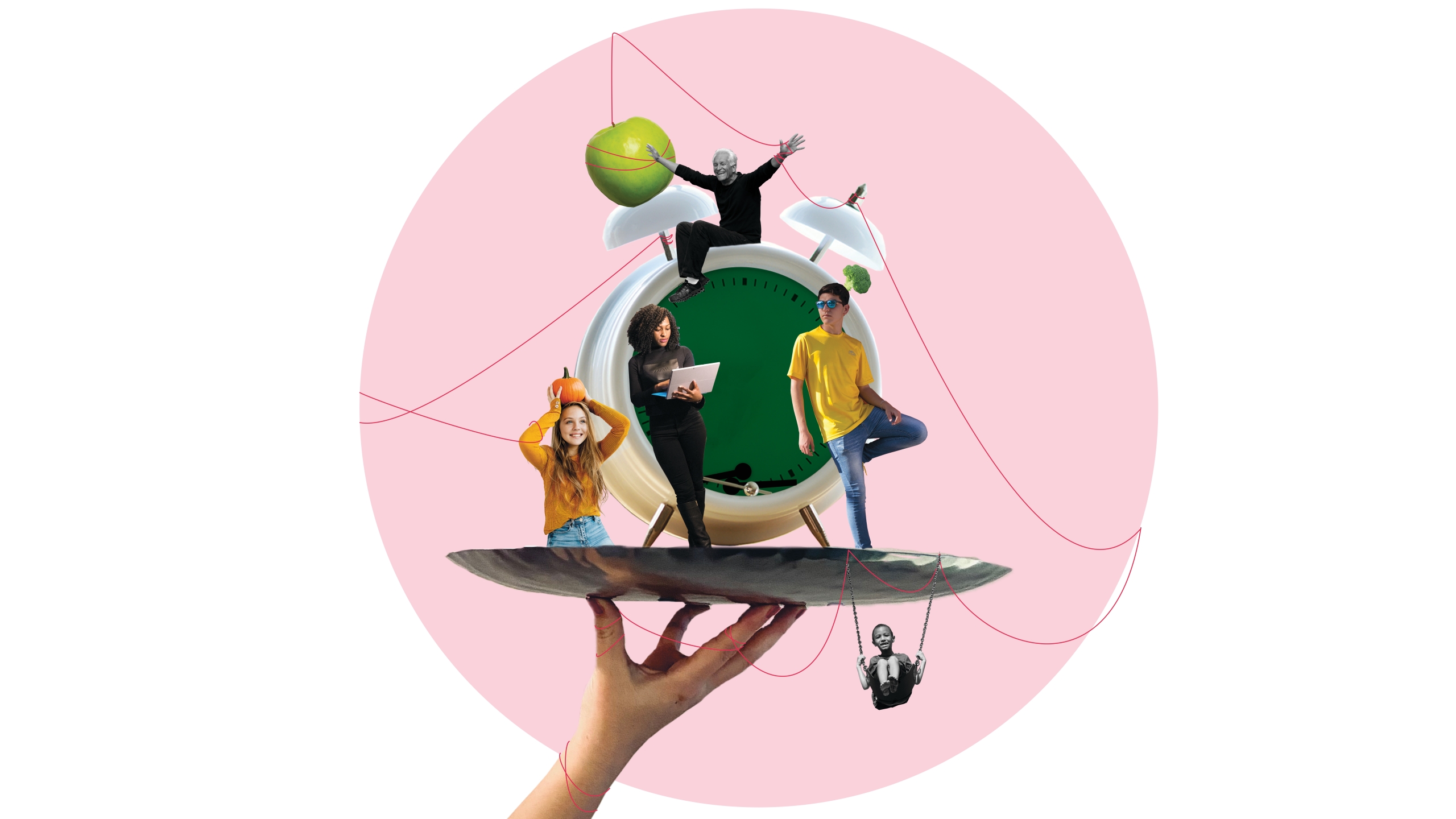

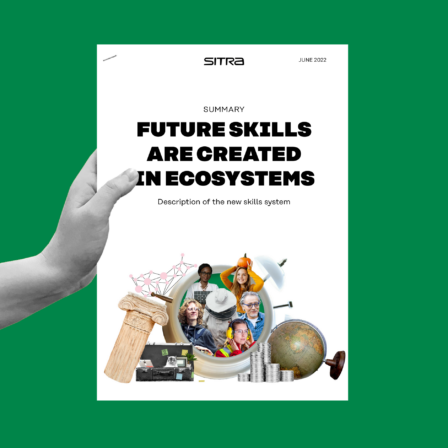
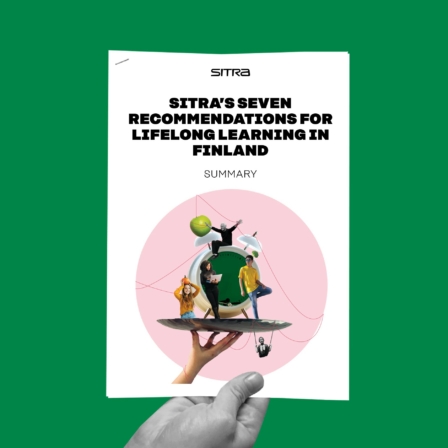

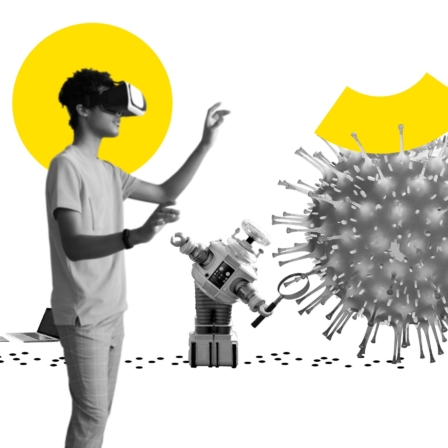
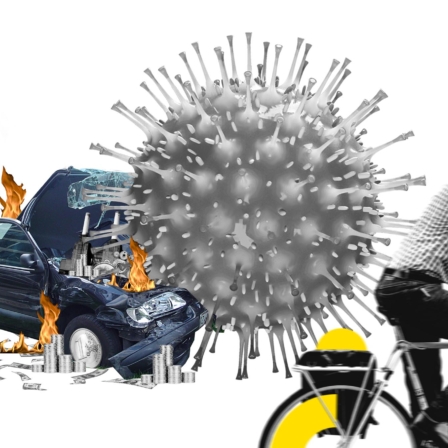





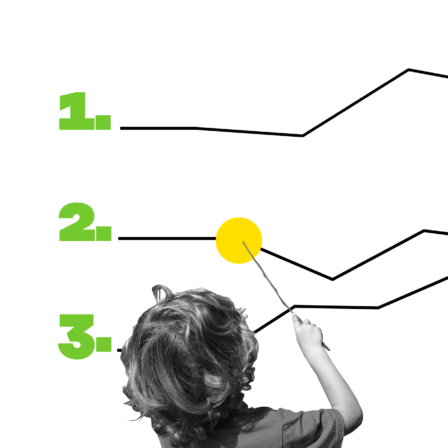
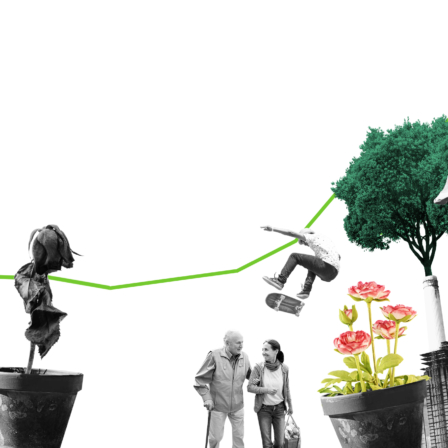

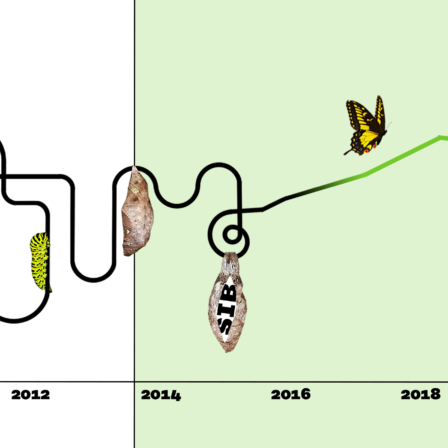


Recommended
Have some more.